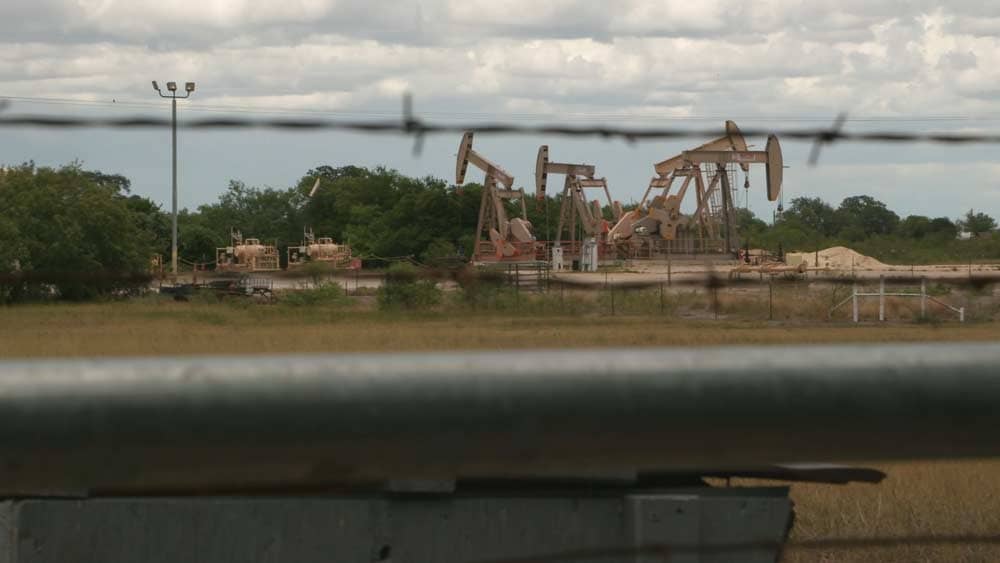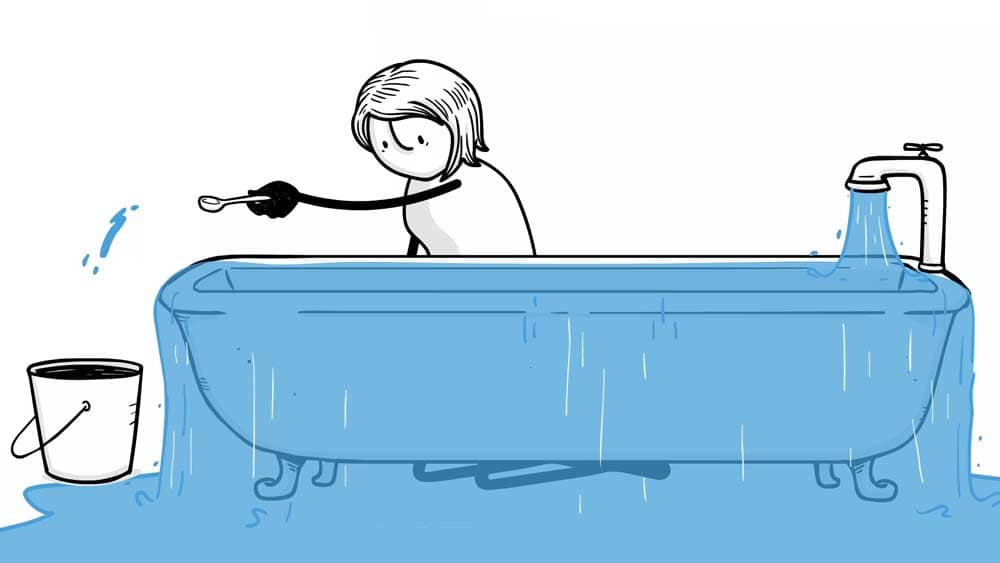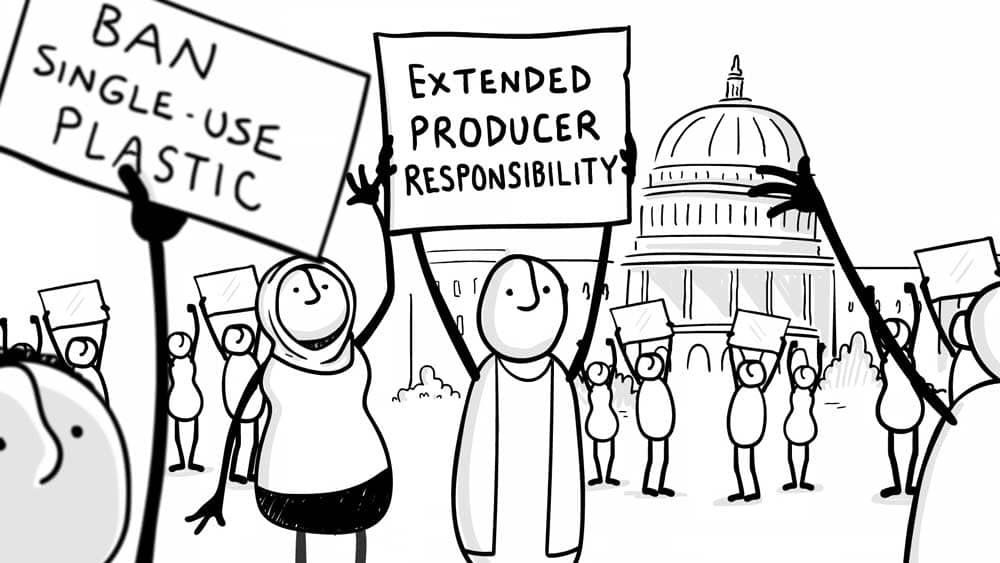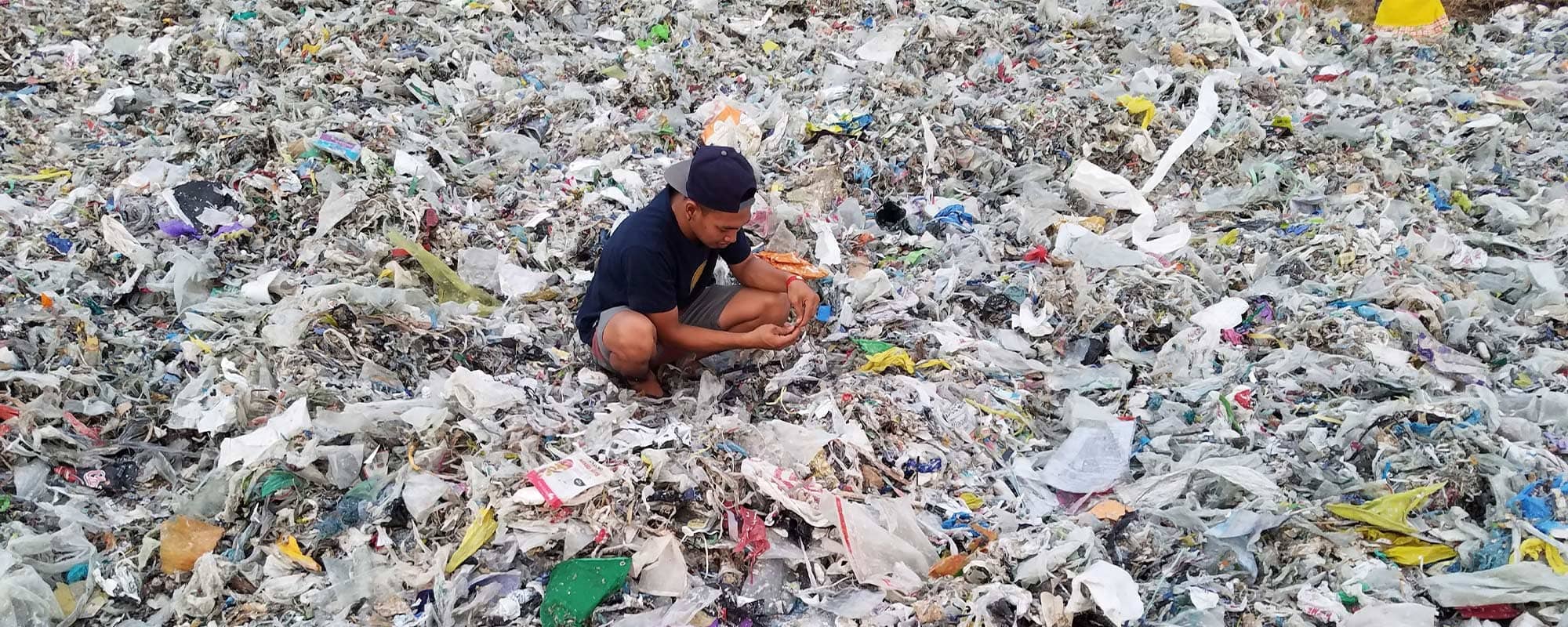Plastic can be found in increasing quantities atop the highest mountain peaks to the darkest depths of the ocean’s trenches. Its effects are pervasive, devastating natural ecosystems, and pose lethal threats to wildlife, while microplastics are even being found in unborn babies, with the consequences as of yet unclear. Over recent years, the predicament of plastic waste has intensified with a surge in usage and production. Since the turn of the millennium, global production of plastics has soared, reaching approximately 400 million metric tonnes annually by 2021.
The documentary “The Story of Plastic” offers an in-depth view of the grim realities of plastic pollution and the illusory promises behind plastic recycling. Distinct in its approach, the film lays out a timeline tracing the ascent of the global plastic pollution crisis and delves into how the oil and gas industries have shaped public perception regarding this issue. The Story of Plastic takes viewers through a journey from the extraction of fossil fuels to the disposal of plastic products, culminating in a showcase of the burgeoning global resistance against this environmental scourge. As an Emmy-winning cinematic piece, it serves not only as an educational tool but as an impactful narrative that challenges viewers to reconsider their role in a world heavily reliant on plastics.
Speaking to Dr Suzanne Maas, the Climate Campaign Coordinator of Friends of the Earth Malta, and Elizaveta Merinova, an experienced advocate against plastic pollution, we gain further insights into the problem ahead of a screening of the documentary on Friday, November 17th at 17:00 in the KSU Common Room at the University of Malta, offering a holistic insight and its impact upon fringe communities.
‘The documentary shows issues arising as early as oil and gas extraction, then tackling the refinery, transport, and other stages related to plastic production. It goes into much more detail than the plastic end product and the waste it creates. The Story of Plastic really shows that this is an intentionally perpetuated crisis by the oil and gas industry. Plastic is produced in response to demand, yes, but these companies also drive the demand through increased supply and create markets for it. They then develop products only available in plastic,’ explains Suzanne Maas.
Understanding the Root of the Problem
Maas explains how, in the past 5 to 10 years, the world has seen a lot of publicity around the problem of plastic pollution. We have typically been presented with photos of wildlife entangled in plastic or animals full of small pieces of plastic. These images continue to resonate with people and demonstrate the direct impact of plastic pollution. Striking examples of the consequences are given from across Asia and Indonesia, where one sees entire ecosystems filled with plastic waste. Sachets, Maas emphasises, are an especially pervasive problem, as they are multilayered products, and so they are impossible to recycle as the plastic cannot be separated.
However, the waste at the end of the product life cycle is only part of the problem. The documentary shows the negative health impacts on communities around fossil fuel extraction sites and points to the associated cancer risks, to take one example. As always, Maas says, poorer communities are especially affected. On the transport aspect, in the USA, the creation of huge fossil fuel pipelines is often justified by claiming that the fuel they transport will heat homes, yet much of it ends up shipped across the ocean to plastic production facilities.

It is only more recently that the relationship between fossil fuels and plastic is being scrutinised in even more detail, looking at the role of the fossil fuel industry and how it is intentionally worsening the problem. It is a problem of so-called captive demand, as people are left with few alternatives to plastic products. Recycling is then presented as the solution, when in reality, it falls far short of what most people imagine.

‘Recycling is made to appear as the primary solution to plastic pollution because it is convenient for the plastics industry. Individuals are made to feel like the entire problem of plastic pollution is down to individual responsibility and that if people recycle, then the problem will go away. However, in reality, so little plastic is recycled anyway and, because of the composition of plastic, it can only be effectively recycled so many times anyway before the quality degrades.’ Referring to one study by the Ellen MacArthur Foundation, Maas mentions that its findings concluded that only 14% of global plastic packaging waste was collected for recycling in a given year. Of that amount, 8% was downcycled, and 4% was lost during the process. Only 2% was effectively recycled into a product of equal or higher value.
Origins of Recycling Myths
An in-depth investigation by NPR and PBS Frontline unearthed a troubling narrative about the plastics industry in the USA and its relationship with recycling. After scrutinising internal documents and conducting interviews with former officials, the investigation revealed that the US plastics industry, while raking in vast profits from new plastic production, promoted the idea of recycling despite knowing its impracticality. The evidence suggests that since the inception of plastic recycling, US industry insiders have been sceptical about its economic feasibility, with a 1974 company document openly doubting its viability. This scepticism was rooted in the reality that recycling plastic is an expensive and technologically challenging process, particularly at the time, and especially compared to the cost of virgin plastic. The narrative of a fully functioning recycling system decades ago, when there was hardly any such infrastructure, served a dual purpose: alleviating consumer environmental concerns and fostering the continued sale of new plastics rather than reducing demand.
Industry leaders, such as Larry Thomas, the former president of the Society of the Plastics Industry, admitted to pushing a pro-recycling stance that aligned with the industry’s interests rather than personal convictions. Despite a long-standing awareness that recycling was not the panacea it was portrayed to be, the industry spent millions on advertising campaigns throughout the 1990s and beyond, selling the public on the recyclability of plastic. These campaigns were not just ineffective in averting environmental harm; they steered the public’s attention away from the accumulating crises of landfill waste and marine pollution. The industry’s investment in promoting recycling, coupled with its continued low-cost production of new plastic, has contributed to a system where less than 10 percent of plastic ever produced has been recycled, a stark contrast to the optimistic recycling narrative the public was sold.
Solutions to Plastic Waste
While Friends of the Earth is pushing for zero-waste lifestyles and campaigns, Merinova points to the responsibility of political actors in finding solutions. As indicated, discussions are ongoing regarding an international Plastics Treaty. The third round of discussions, Merinova says, are taking place this November in Nairobi with the aim of helping countries trying to reduce the global plastic pollution problem.

‘This is the big dream of civil society, which has been calling for such a document for years already. They already have a basic draft of this document, and it includes some of the options long demanded, such as reducing the amount of plastic produced. Countries need to come to some sort of agreement, but there is a lot of lobbying taking place. We need these kinds of agreements because it is a systemic problem. We are living in a single use world, and even if the plastic being used is biodegradable, we still have packaging or a bag that will be used for 5 minutes, and we will still consume a lot of resources in its production. Whether the item has been used for 5 minutes or an hour, it still does not eliminate the problem if it is biodegradable or if it is recycled. We need to redesign the system.’ Merinova explains.
The EU is implementing various legislative instruments to limit single use plastics. Maas warns that some damaging products have been replaced by others that are also problematic, such as cornstarch cutlery, which still requires industrial biodegrading processes to break them down. In Malta, we lack the economies of scale for such facilities, and with the planned incinerator requiring a certain amount of waste to be fed to it to justify its cost, Malta is locking itself into producing a certain amount of waste.
Pursuing a zero-waste philosophy is therefore not just about waste management but is an approach to redesigning our production and consumption cycles. A zero-waste city or business does not just focus on recycling but prioritises reducing waste and redesigning products to eliminate waste from the beginning. “The Story of Plastic” tries to inspire us towards achieving zero waste as an attainable goal, reachable with proper planning and community engagement.
While system change is crucial, individual action still holds significant power. Public pressure can drive companies to change practises and support legislative reform. Awareness raised by documentaries like “The Story of Plastic” can galvanise consumers to demand more sustainable products and to hold corporations accountable for their environmental footprint. The documentary serves as an empowering wake-up call, informing on the next-level strategies and thought processes needed to tackle plastic at its root cause, and tackle it at inception. You can register online for the screening on Friday, November 17th in the KSU Common Room at 17:00hrs. This event is organised by Friends of the Earth Malta, Kunsill Studenti Universitarji (KSU), the Science Students’ Society (S-Cubed), the Earth Systems Association (ESA) and with support of Agenzija Zghazagh, as part of European Week for Waste Reduction.






Comments are closed for this article!